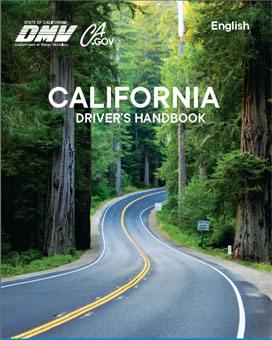Carbon Monoxide is a Deadly Gas
Carbon monoxide is a silent threat that can harm you and your passengers.
You should know that all gas-powered vehicles produce carbon monoxide. It is a deadly gas released from the exhaust pipe.
One critical point is that it is a sneaky gas you can’t see, smell, or taste.
In other words, carbon monoxide in itself is:
- Invisible
- Odorless
- Tasteless
What It Does
When inhaled, carbon monoxide interferes with your body’s ability to carry oxygen, leading to serious health problems or even death.
Imagine you’re stuck in traffic or idling in a closed garage. If there’s a leak in your exhaust system or your vehicle is not adequately ventilated, carbon monoxide can build up inside your car, resulting in carbon monoxide poisoning.
Symptoms can start as a headache, dizziness, or nausea – things you might easily dismiss. But if ignored, these symptoms can worsen, leading to confusion, loss of consciousness, and, in extreme cases, death.
If you believe you are exposed to carbon monoxide, turn off the engine and ensure you get plenty of fresh air.
Prevention is Key
Now that you know the risks, here are some simple steps to prevent carbon monoxide poisoning:
- Inspect your vehicle’s exhaust system for leaks or damage. If you notice any strange noises, vibrations, or unusual odors, get it checked out by a professional mechanic.
- Never run your vehicle in an enclosed space, such as a closed garage, even if the door is open. Always ensure proper ventilation to allow fresh air to circulate.
- Roll down the windows slightly to get fresh air when you start your car.
- If stuck in traffic or waiting an extended period, turn off your engine.
- Keep up with your vehicle’s maintenance schedule, including oil changes and tune-ups. A well-maintained engine is less likely to produce excessive carbon monoxide.
These steps appeared in old versions of the Driver Handbook, but the California DMV removed them in the 2023 version. So, you are not likely to see questions about them on the knowledge exam, even if some test takers report seeing the recommendation about cranking a window open on the test.
Not Only Cars
Cars, trucks, and motorcycles also produce carbon monoxide as they burn gasoline or diesel fuel. But it is also produced by fuel in stoves, heaters, other engines, and other devices.
CA Test Questions 1
CA Test Questions 2
CA Test Questions 3
CA Test Questions 4
CA Test Questions 5
CA Test Questions 6
CA Test Questions 7
CA Test Questions 8


“Monoxid” is an incorrect spelling